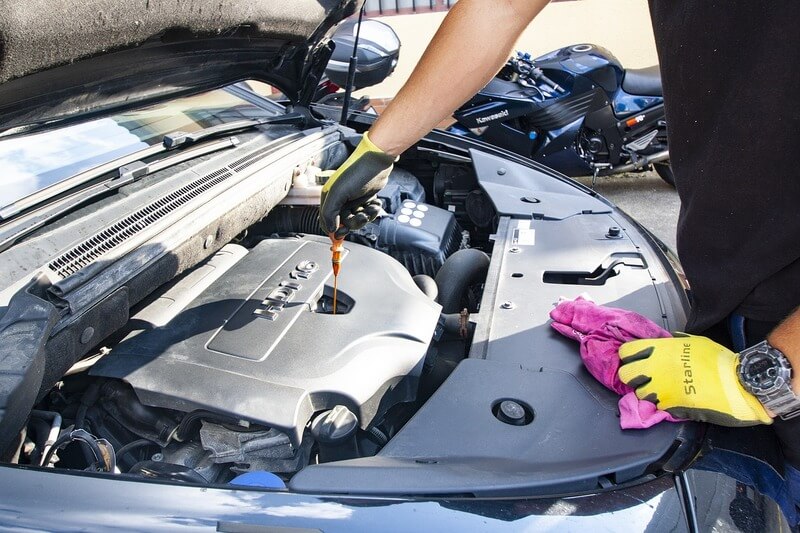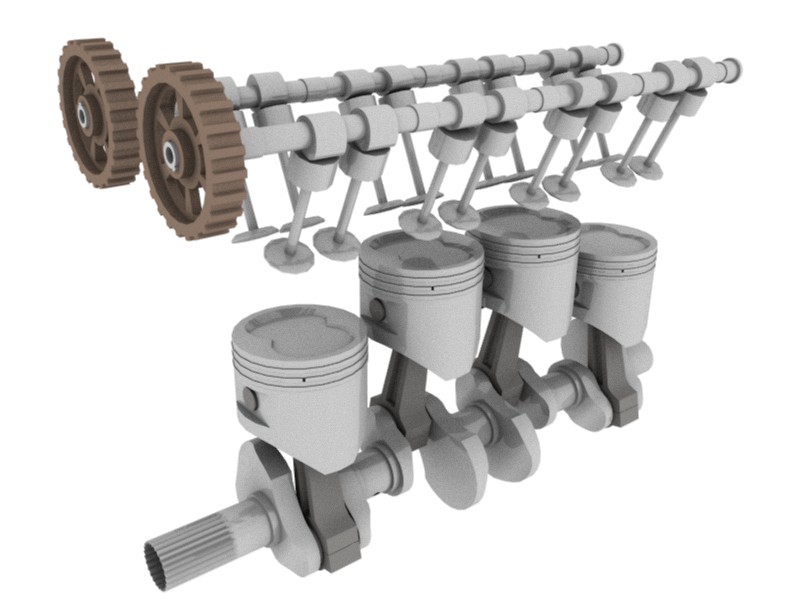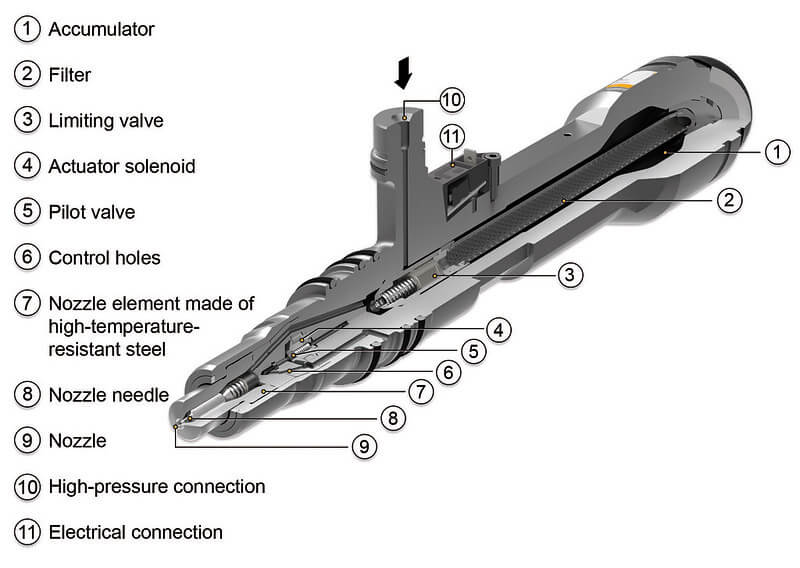Are you a car owner who’s heard a strange ticking noise coming from the engine? Do you feel like something that shouldn’t be happening is going on under the hood? You aren’t alone in this. Many car owners have experienced this issue and it can lead to major repairs or even the replacement of the entire engine if left unchecked.
In today’s post, let’s explore what causes engine ticking noise, how to identify when your car is making clicking noise, and ways you can go about fixing this issue before serious problems occur. Through learning more about this issue, you’ll be better prepared for when events like these take place next time.
Read on!
Car’s Engine Constantly Making Ticking Noise
If you have ever been in a car and heard an engine-ticking noise, it can be concerning. It’s important to determine what type of sound the car is making and why to make sure your vehicle is safe and running smoothly. Here are the key reasons why car engine continues making ticking noise:
1. Worn-out Vehicle Parts and Bad Bearings
If you hear a ticking noise coming from the engine of your car, it could be the symptom of bad reciprocating components like connecting rod bearing, valve lifter, or piston pin. When incorrectly installed or malfunctioning, these parts cause constant friction against the engine’s internal mechanisms, resulting in a ticking sound. Even worse, this type of damage can lead to serious and costly engine breakdowns if not addressed promptly. So if your car is emitting a troubling ticking noise make sure to get it checked by an experienced professional as soon as possible.
2. Low Level of Oil in the Engine

Low oil level or low oil pressure in your car’s engine can be one of the main causes of engine ticking noises due to a shortage of lubrication. Therefore, it is important to check your oil levels regularly and fill them back up if necessary to prevent any potential issues. If left unchecked and neglected, it could result in costly repairs down the line.
3. Misalignment in Valve Train

One possible issue behind the ticking sound in the engine when starting could be valve train noise. Due to excessive wear on rocker arms, valves or lifters, they may not open and close efficiently which may lead to ticking noises upon acceleration. Therefore inspect these parts properly in order to address the engine ticking noise quickly.
4. Incorrectly Adjusted Lifters
Engine ticking noises can often be attributed to Loud Lifters. This is because when their seals wear down, oil pressure decreases, causing a decrease in lube to bearing surfaces and valvetrain elements. As this occurs, the valves and lifters become noisy, resulting in an unpleasant engine tick. To ensure prolonged reliability and comfort for your vehicle, it is important to inspect noisy lifters regularly for signs of wear and tear as soon as any symptoms of noise are noticed.
5. Damaged Engine Fan
An engine fan can cause a ticking noise when it needs to spin more to provide sufficient cooling. This is usually caused by an obstruction in its air flow, or because of an aged bearing. A ticking noise emanating from your engine can be a sign that the fan is damaged or the parts in the fan have become loose and are rattling around. So, don’t ignore the engine ticking at idle and acceleration – visit your mechanic today!
6. Fuel Injectors Firing

Fuel is sent through an injector and eventually towards the combustion chamber. Pressure from the injection of fuel through these nozzles can be set off by faulty injectors or debris blocking the passage and causing vibrations. Stay aware of any change in engine sounds and get your car checked out immediately if you hear it to prevent any bigger issues.
Final thoughts,
An engine-ticking noise can be alarming, but it may not be as serious as it sounds. If you’re hearing a tick from your engine, the first thing you should do is check your oil level and quality. If the oil looks dirty or low, top it off and see if the noise goes away. If it doesn’t, take your car to an expert mechanic. It’s always better to err on the side of caution when it comes to your car’s engine!
